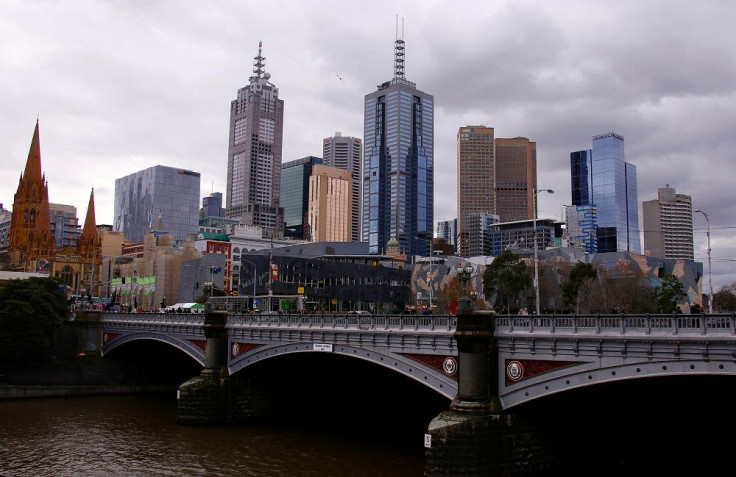Australia must create new cities as 9.8B is tipped to inhabit earth

As the global population grows at a rapid rate, the world is tipped to be the home to 9.8 billion from 7.5 billion people in 2050. IKEA’S latest sustainability report has made a number of predictions on the way of living over 30 years from now.
The new report titled “People and Planet Positive 2017” shows that one of the reasons for the rapid growth is the ageing population. It indicates that 22 percent of the world will be aged over 60 by 2050, an increase from 11 percent in 2012.
When that time comes, it will be the first time in human history that the elderly population outnumbers the youth. The report also cited ways on how Australia could cope with the growing population.
Australia not ready
Over 60 percent of Aussies are not ready for an increased population, and nearly 70 percent believed Australia was not prepared as a nation, the report warns. To be able to cope with the increasing number of people that inhabits earth, IKEA recommends creating several new cities as people will start flocking to cities from regional areas.
The UN said 70 percent of the world’s population will reside in cities by 2050. Experts believe new cities must be established quickly.
Future-living innovation lab SPACE10’s Simon Caspersen said new cities must be established swiftly to handle a 9.3 billion population over the next 40 years. “To put it into perspective, that’s around six new cities for six million people every month,” he said.
He added there will be increasing pressure on natural resources such as water, air, energy and food as urbanisation is accelerating. “This means the built environment needs to incorporate elements like spaces to grow food, systems to recycle waste and water, natural cooling and heating mechanisms and design that facilitates all of this,” news.com.au quotes him as saying.
According to IKEA sustainability manager Kate Ringvall, urbanisation is a main trend that would impact the way we live in the future. She told news.com.au that they expect to see smaller, greener spaces and home furnishings solutions that will be better for the planet.
Xuan Teo from SPACE10 said co-living was the way of the future. He added that living with other people is something people could get used to some years from today. Meanwhile, IKEA sustainability manager Kate Ringvall suggests an eco-friendly lifestyle, which includes growing our own food.
RT/YouTube





















